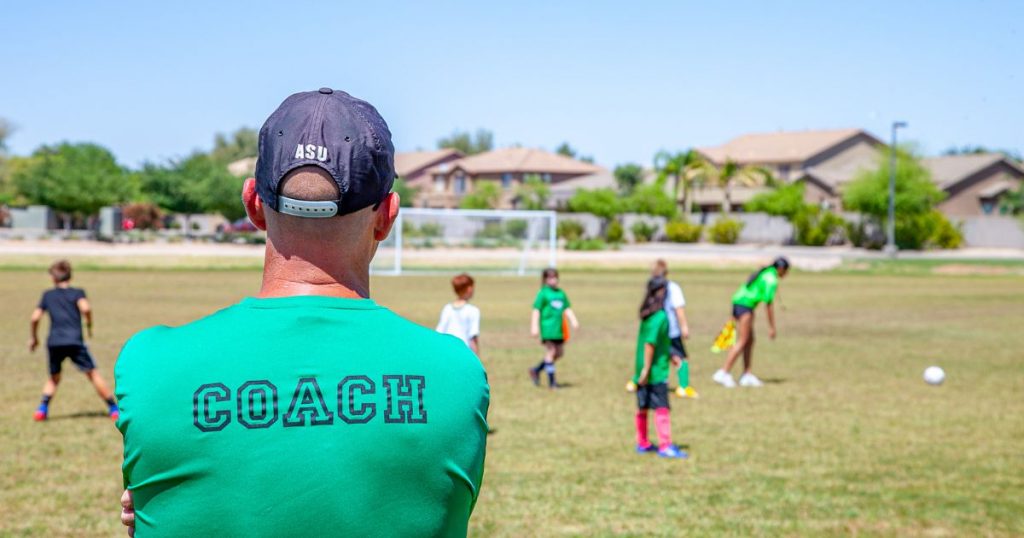We sometimes hear about the incidents of athletes getting under bad influence or habits. Coaches can play a role in assisting them in breaking through bad habits. Coaches have the power to motivate their athletes and train them to improve their performance. You can achieve it by maintaining a positive relationship with their players so that they can trust and fully commit to their team.
Coaches can also boost their athletes by encouraging self-monitoring and honest evaluation of physical and emotional well-being. The athlete’s motivation plays a primary role in the performance and ability.
Ways through which coaches can assist the athletes in enduring changes in their habits are:
- Inquire how you can support your athlete in their Endeavour to break a bad habit and make a change. Some might want your help, while others will resolve it.
- Continue to strengthen and assert the mental behavior just as you would do for physical behavior. You can help an athlete understand that change will be hard, but if practiced long enough, it can be involuntary.
- If the athlete seeks to support, help them set small, realistic goals to stay motivated and encourage every step in this changing process.
- Realistic means must feel practicable, what can your athlete do that will set them up for success and failure. Your athlete’s confidence will grow as they reach one goal and get admired for that. It will set them to stick to preparing and working toward more goals.
- It is difficult to change what is habitable and is being practiced for long enough, even if it is negative or not working. Many athletes may not realize what they are doing is problematic for them and is the reason for their failure. Once they realize this, they fail to change as they do not know how to change any long-formed habit. They begin to feel helpless as they cannot find any options or control over the current situation.
- It is not your job to assess your athlete’s habits and decide which are good and bad and keep an eye on every athlete’s lifestyle. But if any of your athletes ask for help or advice regarding what they can do, you must guide them. You can help them develop ways to change their response to certain things and help them create goals that will lead them to success.
- Use your life experience and educate them on some alternative ways to deal with nerves, difficult moments, mistakes, or bad habits. This information will start to build your athlete’s confidence because now they have options, and it will help them feel they have some control over the situation.
- If they continue to struggle or cannot break a bad habit even after lots of tries, this is when they will need different skills to practice. It takes time, and the reaction of several athletes varies. They will react to various mental skills in numerous ways, according to the change they need in life. It may take time and proper guidance.
- New habits will create new connections between brain cells without trying to change the existing previous connections. Encourage the athlete in practice as this can help change their mindset and focus on using the new technique when cheering up publically.
- When athletes use visualization to practice a skill, it affects the brain and physical practice. Especially when trying to change an athlete’s habit, visualization can turn out efficient as it enables the athlete to practice new habits without the old ones having an impact on the performance. During visualization, the athlete will perform the skill with close eyes and try to concentrate on how they feel about it. It will help them feel and identify themselves when they are performing incorrectly.
- Often athletes experience frustration when trying to change their technique (particularly an individual skill). It is because they may go through a period where they are not as successful, and their friends have achieved their goals. For example, with shooting techniques, they may go through a period where the new method feels awkward and has less accuracy. This feeling is normal and indicates that you are learning something new. It is a part of learning any new skill. Having the athlete repeat the primary teaching points or the name of the new skill can also help them get to a level of consciousness.
- Changing or correcting a technique takes a considerable number of repetitions. Some suggest that it takes 10,000 repetitions before a skill becomes “muscle memory” or takes 21 days to adapt to something new. However, there is no precise calculation, and it differs between athletes.
Final thoughts
A coach does not have the responsibility for every athlete’s personal life and habits but can surely help them to replace bad habits with good ones in various ways. It can be by motivating them by teaching them those new skills.

